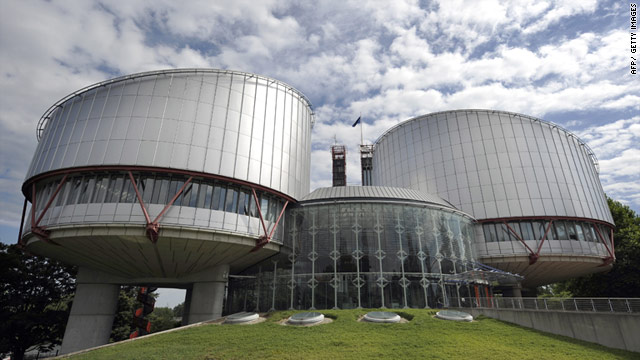I find it ironic that the European Court of Human Rights in France has ruled that Ireland’s strict abortion ban is a violation of human rights and an affront to human dignity. A Lithuanian woman living in Ireland with a rare cancer was afraid that her cancer would relapse if she carried the baby to term, and she was also concerned for the baby’s health, though I don’t understand how she could have felt abortion would have been less injurious to the infant’s health. Since she was unable to procure an abortion in Ireland, she went to England to procure an abortion. This occurred in 2005.
On Thursday, December 16, 2010, the European Court of Human Rights ruled that Ireland should pay the woman €15,000 ($19,500) in damages and denounced Ireland’s law as a violation of the right to respect for the woman’s physical and psychological integrity, which falls under Article 8 of the European Convention on Human Rights. However, the court did not rule that abortion is necessarily a right.
Ireland, whatever its financial woes, has been one of the few Western nations that has taken a strong stance against abortion. Although the courts have not ruled that abortion is a fundamental human right, such a ruling is not unforeseen in the anticipated future. This offers us a case study in the possibilities and consequences of a diminished national sovereignty, as international courts can make demands and rulings on the laws and practices of individual nations. It is also a case study on how the secular world understands life, human rights, and human dignity.
We must always remember that laws and governments can and will change until Christ comes again. Abortion may be legal one year and illegal the next, or legal and then illegal. We as Christians should be a voice for the unborn while remembering that the only way to make lasting change, until the return of our Lord, is through the gospel’s impact on the hearts and minds of the lost.

1 comment:
wow, great article
Post a Comment